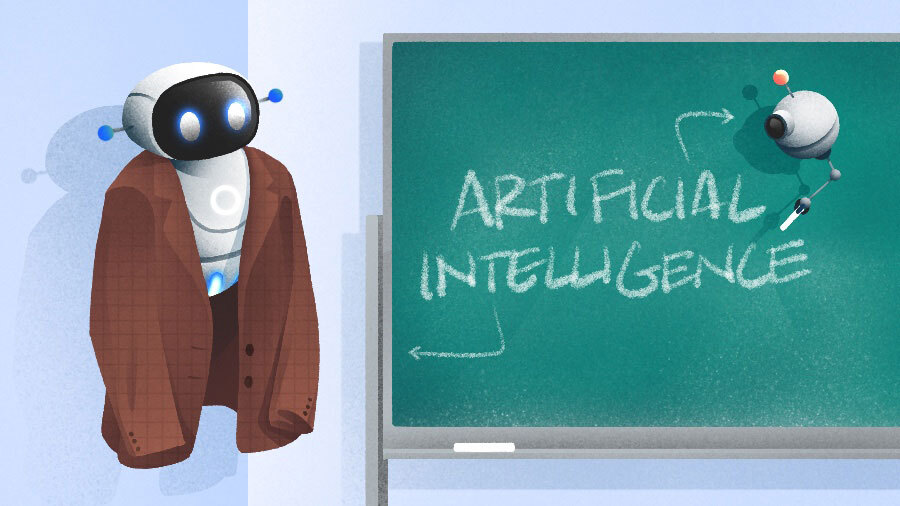Vivun’s Bold Pivot: How AI Transformed a SaaS Platform and Retained Customer Loyalty
Article Details
Category: StartupsTechnology
Markets:
Topics:
Source Website Secure: No (HTTP)
News Sentiment: Positive
Fact Checked: Legitimate
Article Type: News Report
Published On: 2025-10-20 @ 11:00:50 (4 months ago)
News Timezone: GMT +0:00
News Source URL: beamstart.com
Language: English
Article Length: 893 words
Reading Time: 5 minutes read
Sentences: 42 lines
Sentence Length: 22 words per sentence (average)
Platforms: Desktop Web, Mobile Web, iOS App, Android App
Copyright Owner: © Crunchbase News
News ID: 30021148
About Crunchbase News
Main Topics: StartupsTechnology
Official Website: news.crunchbase.com
Update Frequency: 1 posts per day
Year Established: 2007
Headquarters: United States
Coverage Areas: United States
Publication Timezone: GMT +0:00
Content Availability: Worldwide
News Language: English
RSS Feed: Available (XML)
API Access: Available (JSON, REST)
Website Security: Secure (HTTPS)
Publisher ID: #130


 Maria Lourdes
Maria Lourdes






